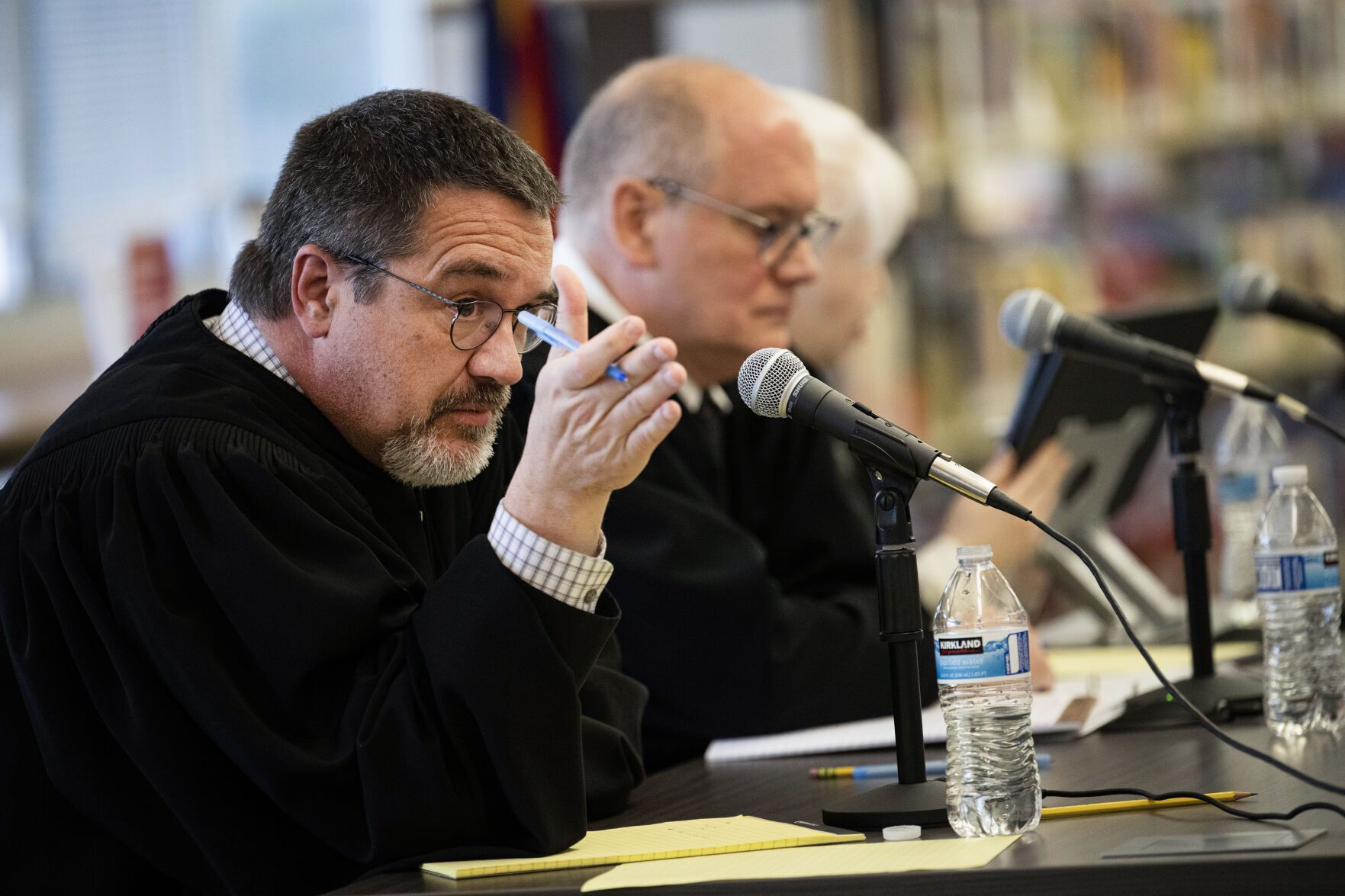Appeals court overturns Denver strangulation conviction for improper expert testimony

Colorado’s second-highest court reversed a Denver man’s assault conviction on Thursday, finding an expert’s testimony about the potential risks of strangulation had no bearing on the facts of the case.
Phillip L. Bauereiss and the victim got into an argument. Jurors heard that Bauereiss allegedly took a dog leash and wrapped it around the victim’s neck, although her breathing was not impaired. Then, Baurereiss smothered her with a pillow, again with her ability to breathe intact. Finally, he took the victim’s cell phone.
Prosecutors charged Bauereiss with two counts of assault for use of the leash and pillow, and one count of obstructing telephone service. Jurors at his 2022 trial acquitted Bauereiss of the leash-related offense, but otherwise found him guilty.
The prosecution called forensic nurse Michelle Metz to testify as an expert in strangulation. She told jurors about the potential risks of impeding oxygenated blood to the brain, which included neck injuries leading to stroke or death, post-traumatic stress disorder and memory issues.
Case: People v. Bauereiss
Decided: October 23, 2025
Jurisdiction: Denver
Ruling: 3-0
Judges: Ted C. Tow III (author)
Katharine E. Lum
Pax L. Moultrie
On appeal, Bauereiss argued District Court Judge Adam J. Espinosa incorrectly allowed Metz to testify out of a belief that her expertise would be helpful for the jury.
“Her testimony regarding the many possible long-term physical or psychological effects of strangulation was irrelevant, as there was no evidence of such harm in this case, and it was misleading and unduly prejudicial,” wrote public defender Kelly A. Corcoran.
A three-judge panel for the Court of Appeals agreed.
The victim “did not suffer from any of the potential injuries Metz testified about,” wrote Judge Ted C. Tow III in the Oct. 23 opinion. “Thus, Metz presented testimony about unrelated long-term issues that could potentially arise from Bauereiss’s alleged conduct.”
Tow added that the irrelevant testimony likely affected the jury’s verdict. Because the prosecution did not present evidence the victim had actually suffered from any of the problems Metz talked about, “this evidence could only serve to create sympathy for (the victim) and a speculative concern in the jury’s collective mind about future risks (the victim) might face.”
The panel ordered a new trial.
The case is People v. Bauereiss.












